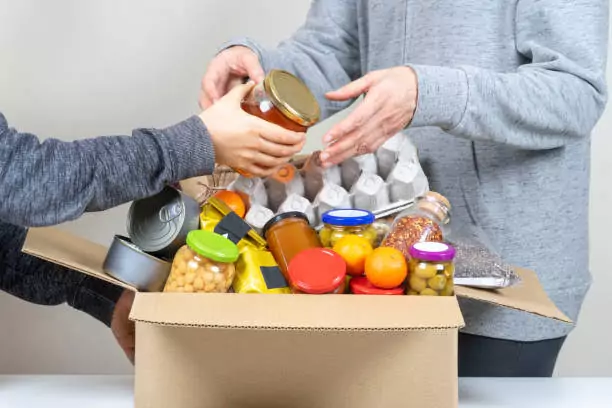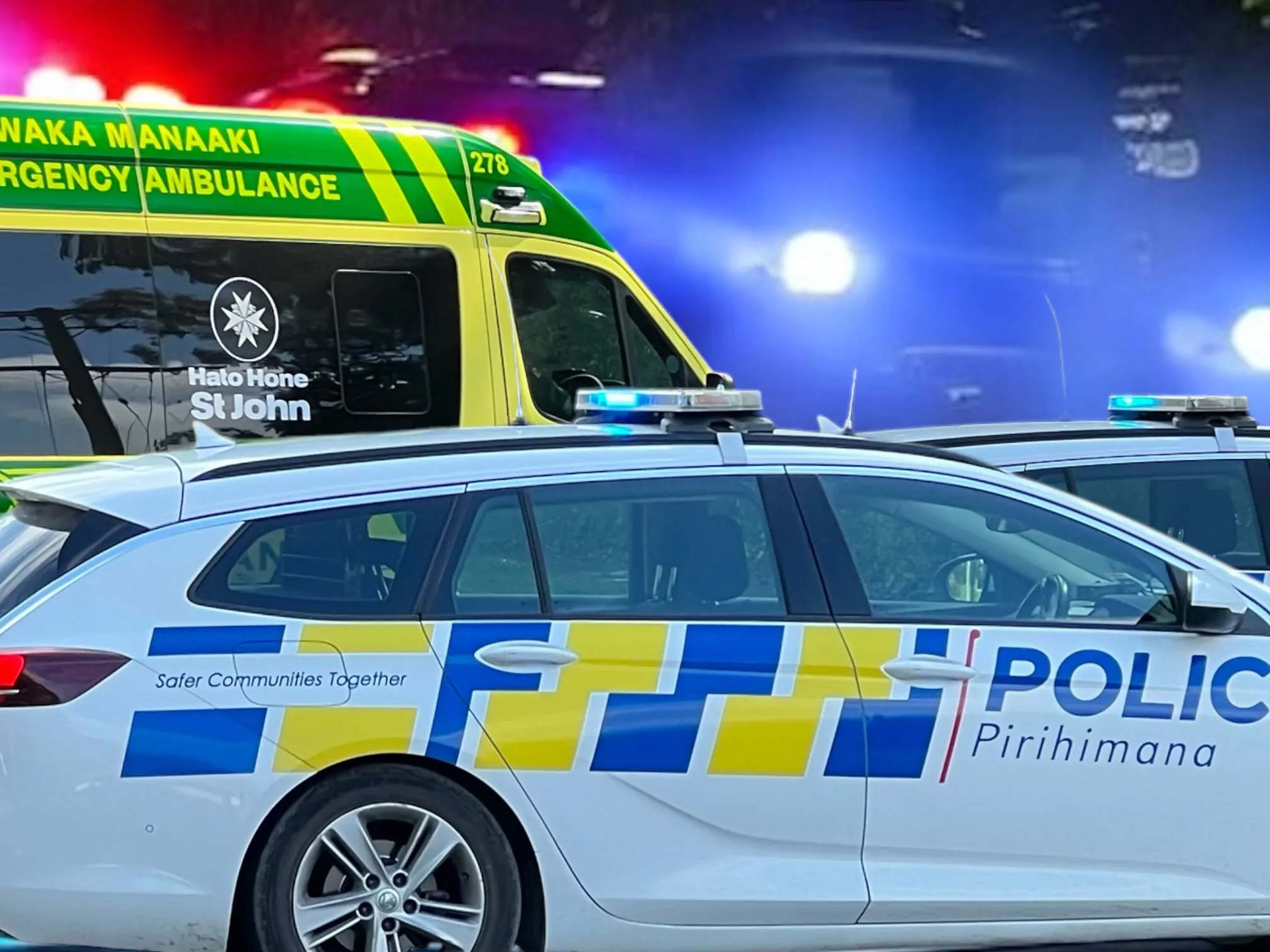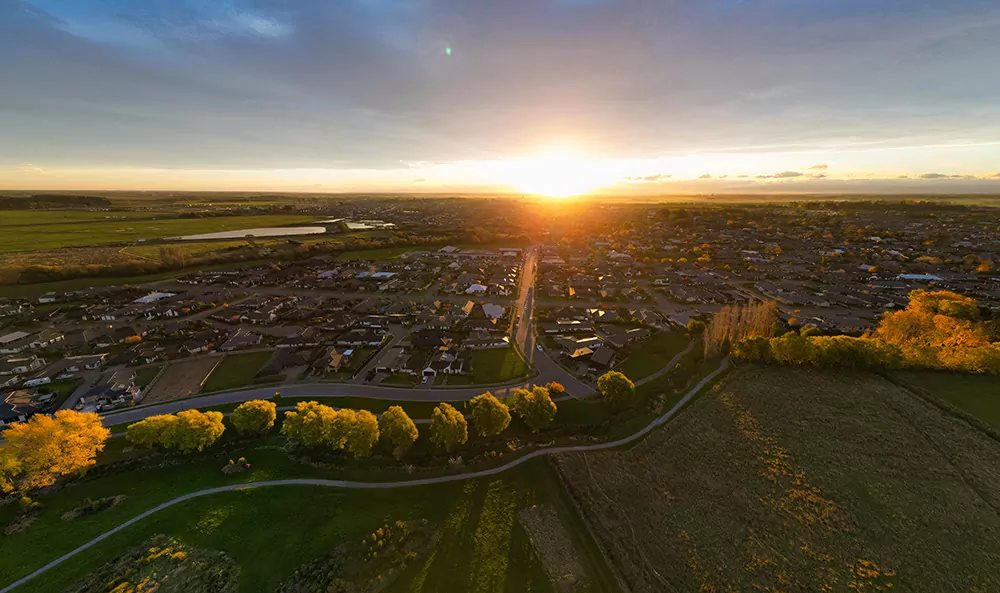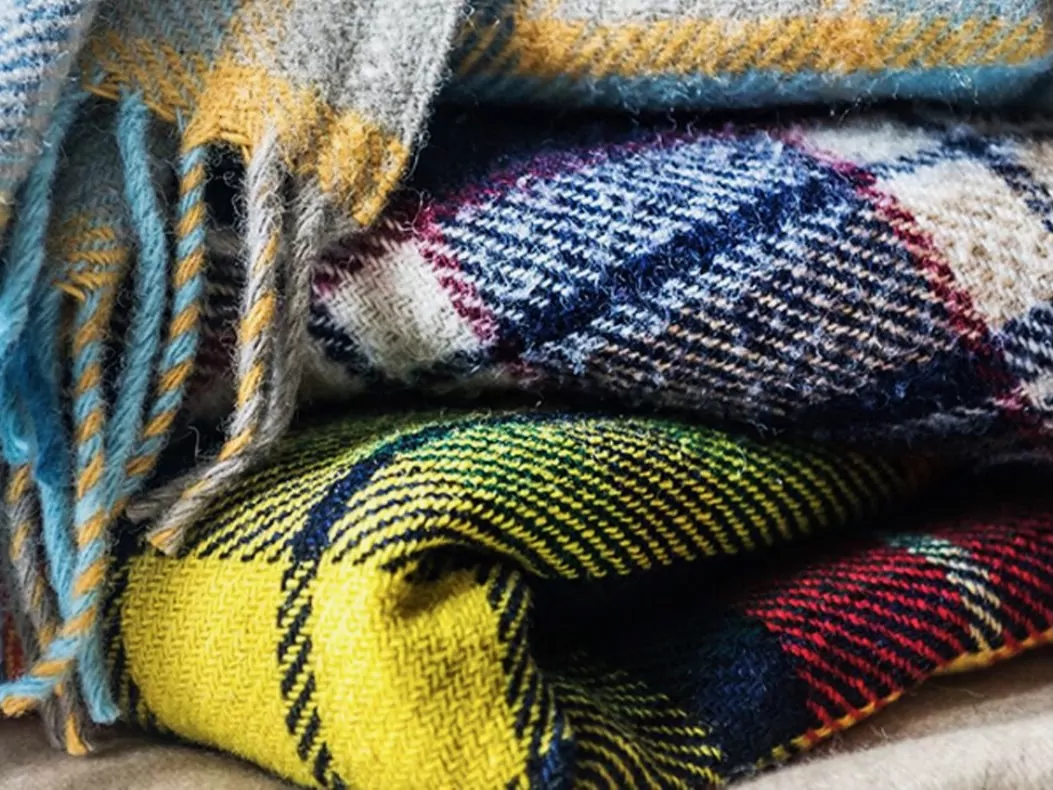File
The Christchurch City Mission believes the number of homelessness in Christchurch is “increasing rapidly” as the cost of living crisis takes hold.
The Mission said there were about 30-40 people sleeping on the streets in the Christchurch inner-city area in mid-winter at the moment, say within the four avenues.
There were more rough sleepers in the surrounding suburbs.
In a statement to Chris Lynch Media the Mission said “we know of more than 100 people who move in and out of the inner city rough sleeping. Our resources at the moment are focused on the inner-city.
“When it comes to general homelessness, that is people who don’t have a home but who sleep in places like sheds, garages, cars, who couch-surf etc, using our emergency shelters, using transitional housing etc – there will be significantly more across Christchurch at the moment.
“We believe the number of general homeless is increasing rapidly as a result of the current economic conditions, in particular the cost of living rise and the lack of affordable housing.
“We can tell this through anecdotal evidence, and especially through what is being revealed through our wide-ranging assessments as people come to our services for help such as the foodbank.
“In summer, the numbers of inner-city rough sleepers can double or even triple, swelled by the number of people who travel here from other areas of the country.
The City Mission staff make regular patrols of the inner-city streets checking on people sleeping rough, offering them help, and encouraging them to come to the City Mission where they can be properly cared for.
The City Mission has just appointed a new fulltime Outreach social worker who has an extensive knowledge of the people who sleep on the streets and an understanding of their circumstances.
Christchurch City Missioner Corinne Haines said “many of the hardcore rough sleepers stay out on the streets despite the discomfort and danger because they can’t cope with being in accommodation.
“Often chronic homelessness is a symptom of much deeper problems.
“Mental health illness and trauma are the usual drivers and they often go hand-in-hand with drug overuse and addiction.
“The Outreach Service encourages rough sleepers to use the Mission’s wide range of services, including warm, safe beds in the men’s and women’s emergency shelters, addiction support, meals, clothes, use of laundry facilities, and our nursing team.
“That’s why the City Mission believes the simple just-give-them-a-room approach doesn’t work for the hardcore homeless. The Mission believes taking the time to reach out to them properly, get to know them and understand them is the most effective approach.
“Sometimes a lot of patience and time is needed to gain the trust of long-term homeless people who are traumatised, distrustful and often paranoid.”
Corinne Haines said many people begging on the street are not homeless.
“They have a place to go at nights. Our Outreach Service knows who are genuine and this core of genuinely homeless people will be suffering through every winter night.”
Apart from the homeless on the street, there are also those who do take the opportunity to use the Mission’s men’s and women’s emergency night shelters. The Mission offers 17 beds for men and 12 for women in separate facilities and they are available every night of the year.
Last winter’s figures give an indication of what the Mission can expect this winter.
In 2022, the Mission provided beds for 137 men and women over the winter months of June, July and August.
That comprised 94 men and 43 women and their ages ranged from 23 to 66. Some stayed briefly, and others stayed longer, but the average stay was 12 nights.
How to help the homeless
The City Mission takes a compassionate and informed approach to helping genuine homeless people in Christchurch.
This is how we recommend you interact with the homeless you might meet on the streets:
-
Don’t give money.
-
It’s okay to offer food.
-
It’s kind to make eye contact and say hello.
-
Call our Outreach Service on 0800 787 855 or email us at [email protected] if you want to make sure they have been offered help, or if you are a business and they are sleeping outside your premises.
-
Call 111 if you have serious concerns for their health or that harm may come from their behaviour.









